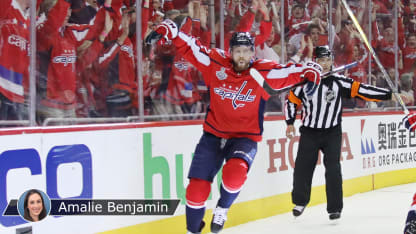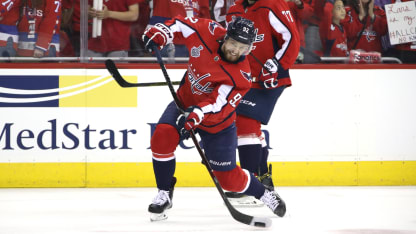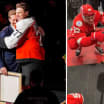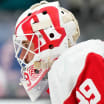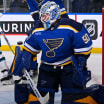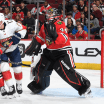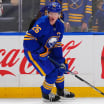But that wasn't all. Orpik, at the time a 10-year NHL veteran, had seen it before, with new players coming in, recognizing the necessity of finding a place for them, of making them feel like they belonged.
"You just realize the importance of trying to make those guys comfortable off the ice," he said. "Usually that has a direct correlation to how they perform on the ice. Especially a guy that is new to the culture and stuff, it's even more paramount."
And it's that comfort, that sense of belonging, that has allowed Kuznetsov, 26, to be the player the Capitals have needed in these Stanley Cup Playoffs. Kuznetsov leads all postseason scorers with 31 points (12 goals, 19 assists), after a four-assist performance in a 6-2 win in Game 4 on Monday that strengthened his case for the Conn Smythe Trophy, awarded to MVP of the playoffs, and pushed his Capitals to the brink of their first Stanley Cup.
Washington leads the Vegas Golden Knights 3-1 in the best-of-7 series with Game 5 at T-Mobile Arena on Thursday (8 p.m. ET; NBC, CBC, SN, TVAS).
It is also that comfort that has allowed Kuznetsov, 26, to be the person that he is, a goofy, funny, personable, likeable guy unafraid to make his teammates laugh -- or to celebrate a goal with a wing-flapping, bird-like dance.
Without it?
"It's impossible, I think," said Kuznetsov, who had never learned English in school, but was told when he came to the Capitals that he would need to learn. "When you don't feel comfortable off the ice and you have some problems or miscommunication with the guys on the team, it's always hard. Sometimes it takes one game for some players, sometimes it takes 100 games.
"When you understand everything, when you know every player with who you play, that gives you [an] extra second and extra seconds [are] everything right now."
It's the difference between playing at this time of year and going home.
